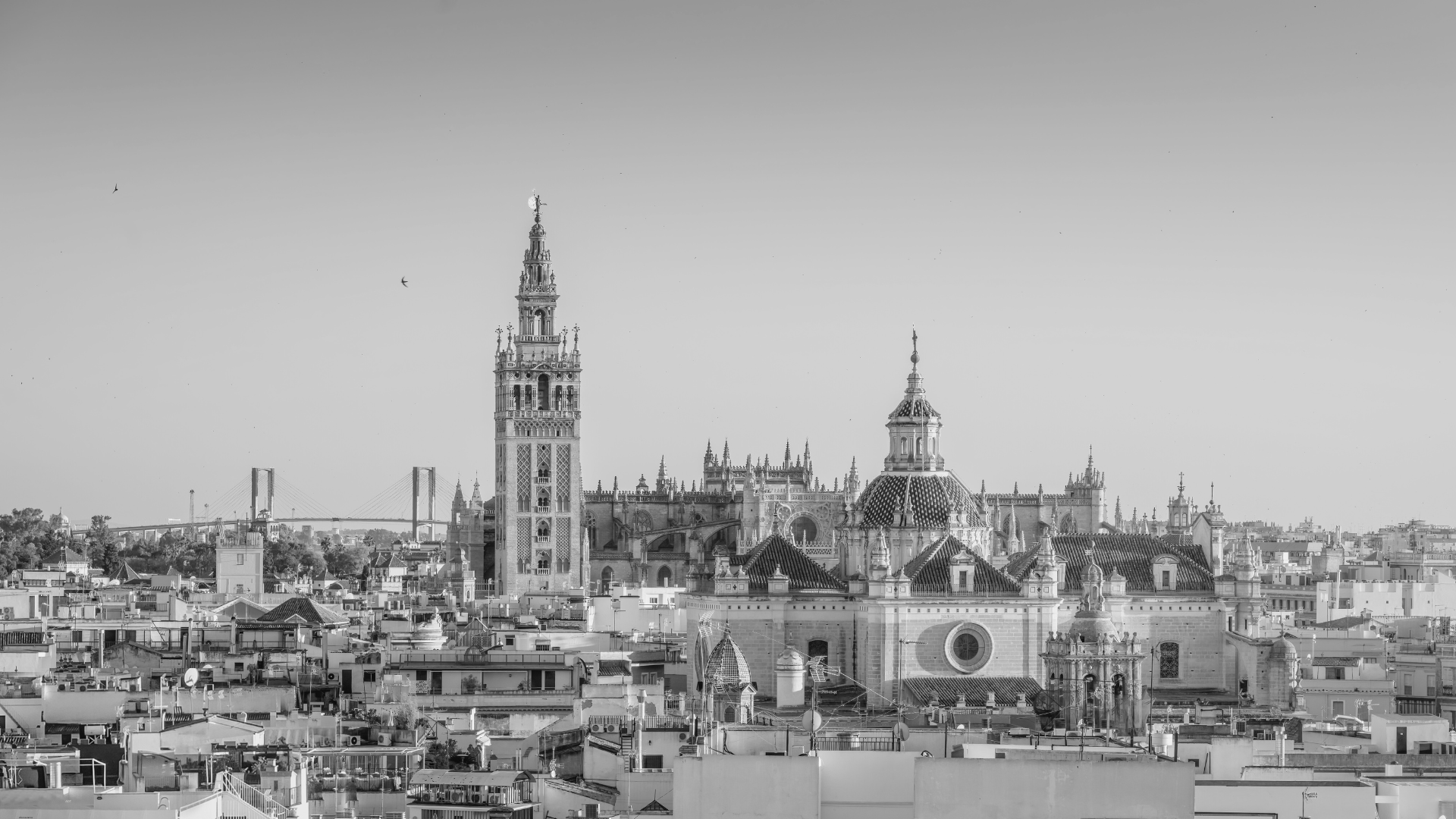Ferrand Martinez, Archdeacon of Écija in the late 1300s, was a notable anti-semite who incited a series of riots and pogroms against the Jewish community in Spain.
Ferrand Martinez Speaks Out Against the Jews of Seville
While there is little information regarding Ferrand Martinez’s life leading up to the pogroms, before beginning his clerical career in Écija he had served as confessor for the royalty of the Spanish region of Aragón. By 1378, he had found himself in the rank of the archdeacon of Écija and had begun speaking out against the Jewish community in the surrounding areas. Despite orders from both Juan I, the king of Castile, and the archbishop of Toledo, Martinez would continue his antisemitic sermons for over a decade. He implored the Catholics to force the Jewish people out and destroy their places of worship. In 1388 however, he would find himself on trial.
The Trial in Seville
Ferrand Martinez was brought to the highest tribunal of Seville on February 11th of 1388. Those administering the tribunal referred Martinez to the two royal edicts that were brought against him earlier in the year and demanded that he desist from his rabble-rousing or face a complaint brought directly to the king. Martinez responded by providing a written answer to the tribunal declaring that he would continue his sermons as he had before and claiming that his acts and sermons were done directly for the benefit of both his Church and the King himself. He also claimed that the Jewish community had attempted to bribe him with 10,000 doubloons to decide a case in their favor. Following this, the archbishop sent two of his subordinates to seek an audience with the king. When they arrived, they told him that the archdeacon was acting against the authority of the pope and putting the Jewish community in danger. While the king declared that the Jews under his rule should not be harmed, he refused to admonish the archdeacon Martinez, instead praising him for his faith.
Ferrand Martinez Appointed Vicar-General
Following the King’s death, he was succeeded by his 11-year-old son, and under the tutelage of his mother, he used his influence on the archbishop to appoint Martinez to a higher position. Martinez would then use his new position to spread his antisemitic sermons to a wider audience. In June, he would go further than just words. Inciting mobs of his devout followers to strike out against the Jewish community in Seville. They burned down synagogues, homes, and businesses. They killed those Jews that they could not force to recant their faith and take up Catholicism, and forced the rest under threat of death to join the Church. Following this, Martinez would be imprisoned in Seville in 1395 by order of the King, but soon found himself a free man, although dying a short time afterward.

